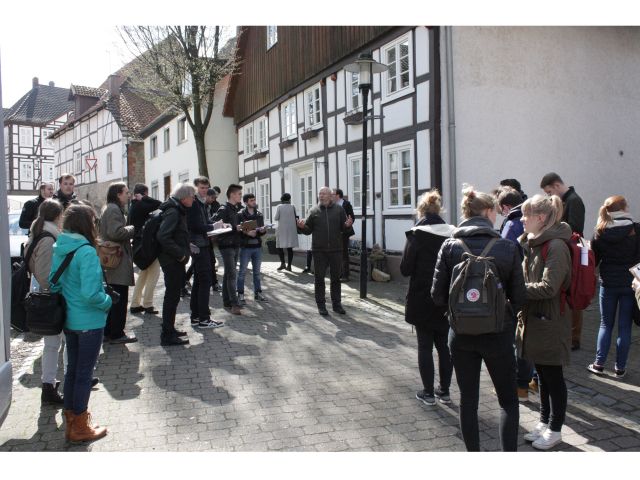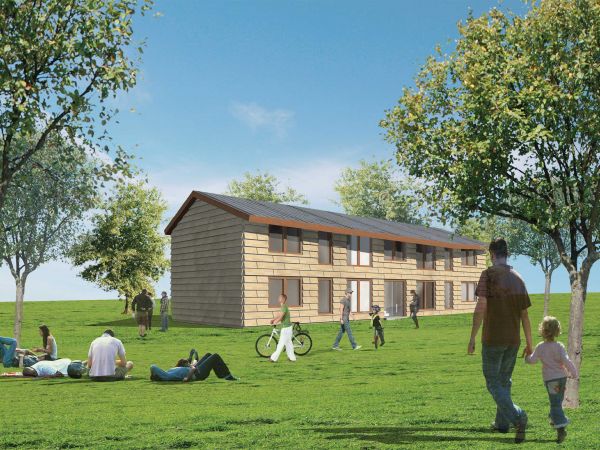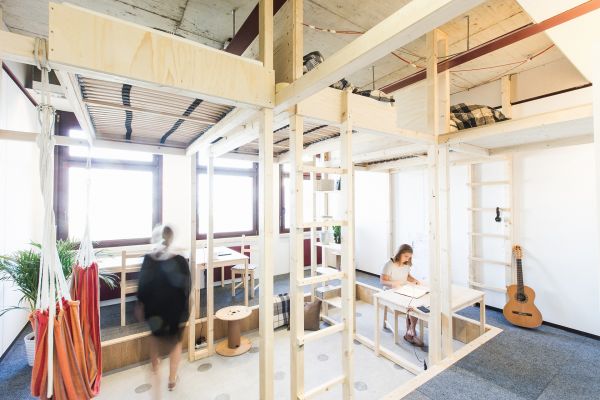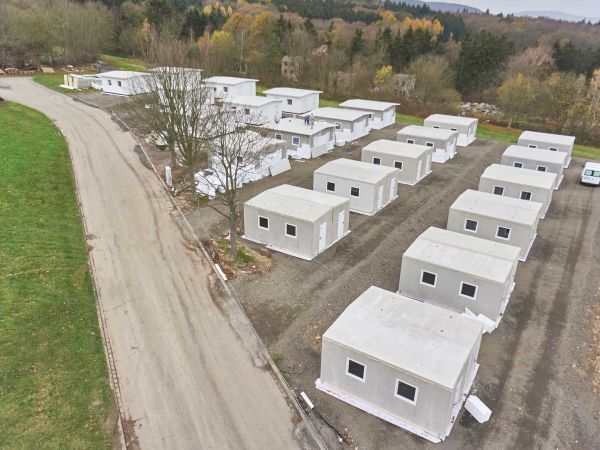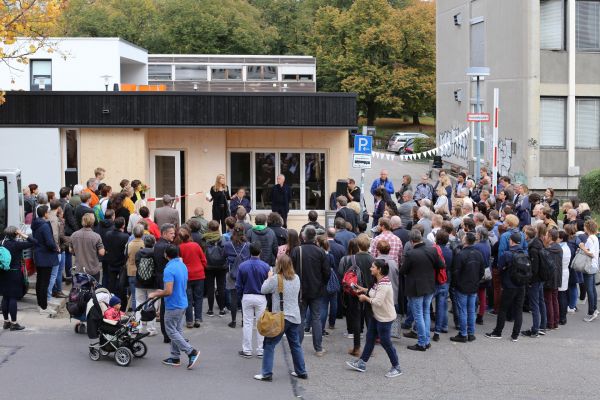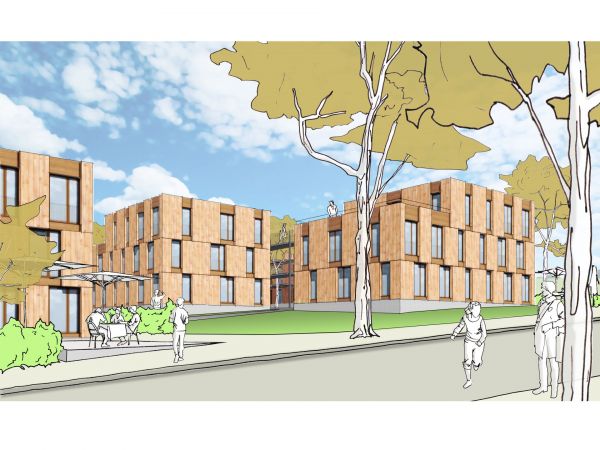BUILDING FOR AND WITH REFUGEES, NIEHEIM
Asylum seekers alongside students and volunteers are planning the renovation and refurbishment of a building in Nieheim’s historical center to be used for integration projects. Apartments will be built in a second stage to follow.
Status | Type of residents |
Modular units | Construction costs (Euro/m²) |
Building method | Country |
Architect | Commissioned by |
Construction firm |
The goal of the project “Die Heimatwerker” (the home-makers) it is not only to build for, but also with refugees. In Nieheim (district of Höxter, North Rhine-Westphalia), asylum seekers in conjunction with volunteers and students are planning the restoration and future use of a vacant building in the historic city center. In 2017, under expert guidance, they will implement their plans to use the ground floor of the building for community purposes, extending to the outdoor grounds in 2018. A subsequent phase of the project also calls for expanding the upper floors to be used for apartments.
It is hoped that jointly developing a use concept and implementing it together will support social integration. Additionally, the project also offers migrants the opportunity to acquire language and vocational qualifications, and could possibly lead to traineeships or jobs in the construction industry, thus creating long-term career prospects. The planning and building process will be accompanied by the research and teaching staff at the Ostwestfalen-Lippe University of Applied Sciences, as well as by activities aimed at neighborhood integration. The pilot project has a total lifespan of 10 years, and, if successful, will be repeated in other municipalities. It is sponsored by the State Ministry of Building, Housing, Urban Development, and Transport of the Federal State of North Rhine-Westphalia.
(Excerpt from project description)



